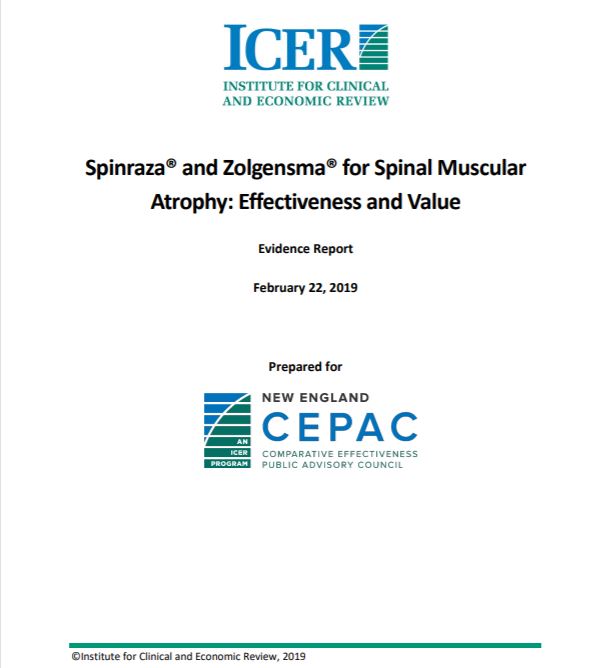New Smart Garments Powered by Body Heat
Researchers have developed new smart fabric coated with polymer that can provide electricity for small, wearable devices. February 25, 2019 by P.M.Fornasari Many wearable biosensors, data transmitters and similar tech advances for personalized health monitoring have now been “creatively miniaturized,” says materials chemist Trisha Andrew at the University of Massachusetts Amherst, but they require a

